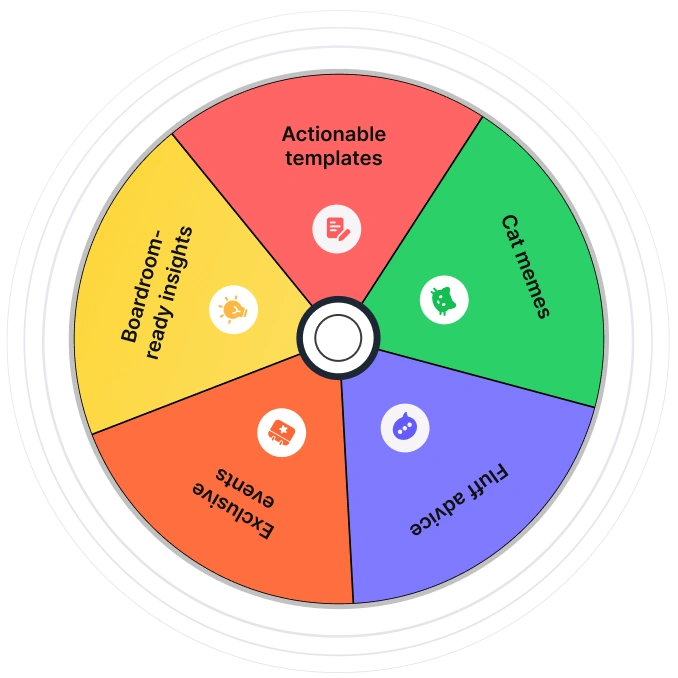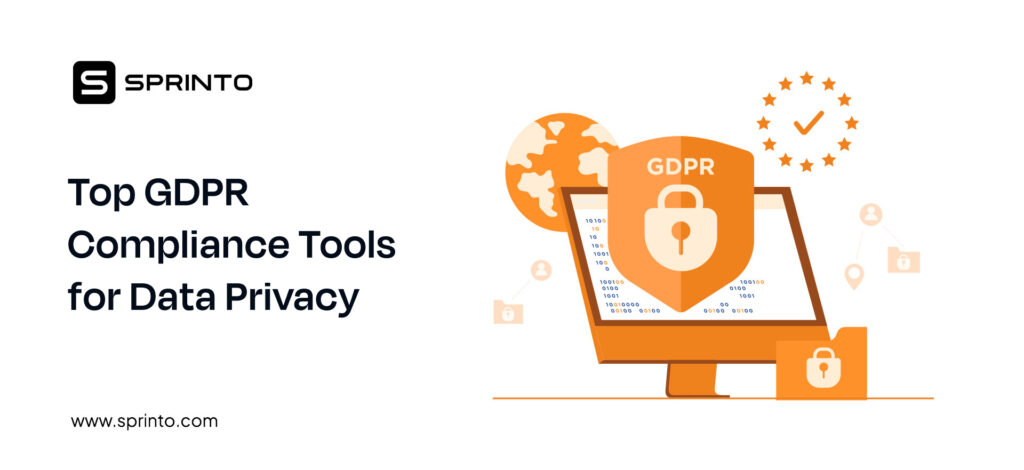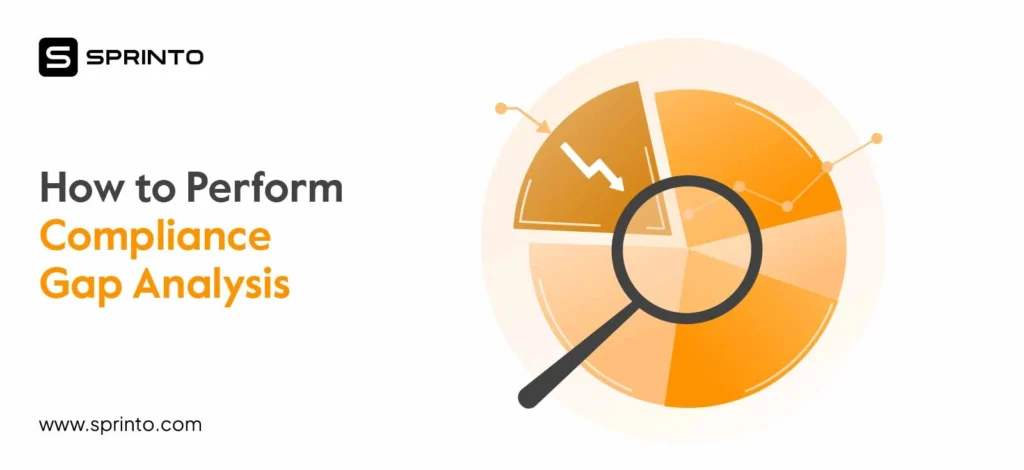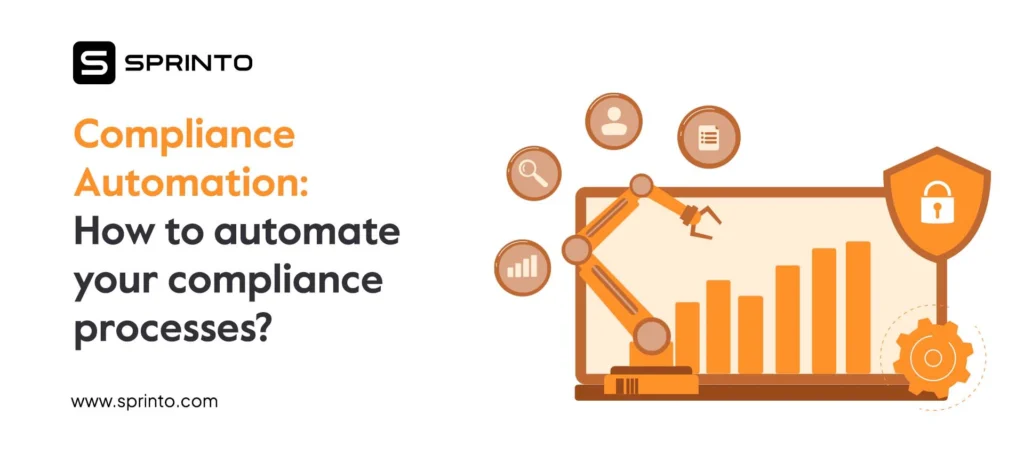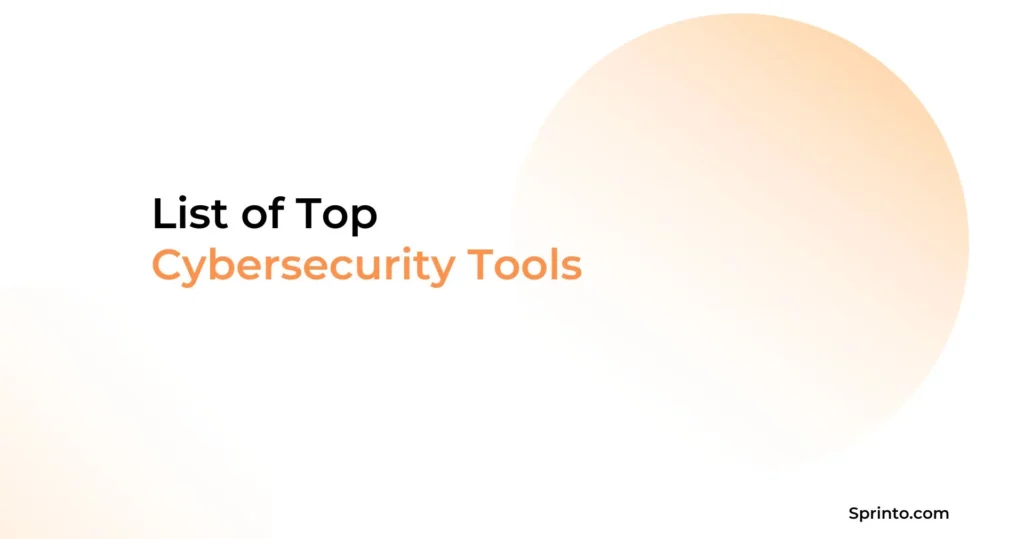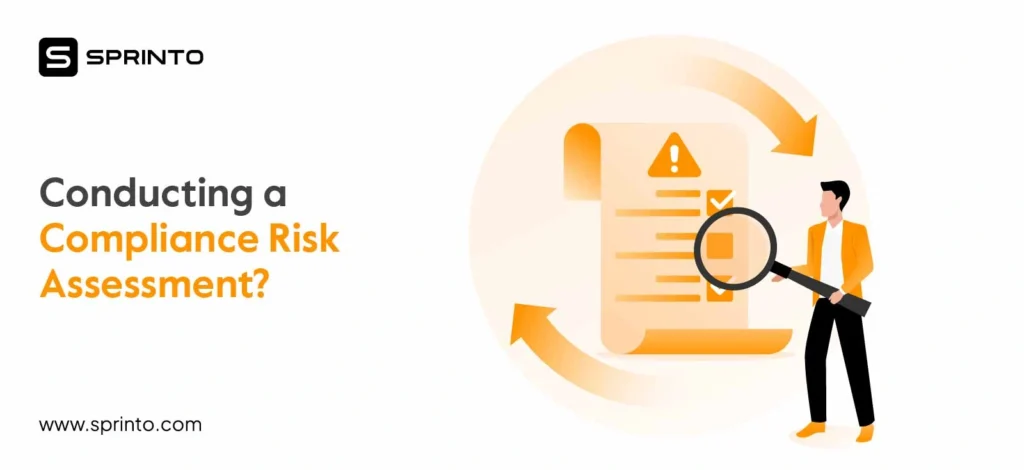In May 2023, Meta was fined €1.3 billion by the Irish Data Protection Commission for unlawfully transferring data to the United States. This remains the largest GDPR fine ever issued to date. However, while massive penalties like these dominate headlines, they represent only a fraction of the overall enforcement activity across Europe.
Since the GDPR came into effect in May 2018, over 2,800 fines have been issued for violations ranging from minor administrative oversights to major, high-risk failures that affected millions of individuals. GDPR enforcement, therefore, paints a picture that is far broader and far more active than many expect.
📋 Quick Summary in 60 Seconds
What GDPR Fines Cover:
- Penalties for violating GDPR data protection principles and user rights.
- Fines can reach €20 million or 4% of global annual turnover — whichever is higher.
- Imposed for failures like missing DPO appointments, poor consent practices, or insecure data transfers.
Types of Fines:
- Administrative fines: Most common, for operational lapses or non-compliance.
- Criminal fines: For intentional or reckless misuse of personal data.
How Sprinto Helps:
- Automates GDPR compliance monitoring, consent tracking, and documentation.
- Prevents violations through continuous control checks and audit readiness.
- Stay compliant and avoid costly GDPR penalties — Talk to an expert.
This blog explores how GDPR fines are calculated, how enforcement works, and the most common violations organizations should be aware of.
What is GDPR and who needs to comply with it?
GDPR fines are administrative penalties imposed on organizations that violate the data protection principles, obligations, and security requirements outlined in the General Data Protection Regulation. These violations can take countless forms, such as in situations where:
- Personal data is collected without consent
- Personal data is handled in an insecure manner
- Individuals are not informed when their data has been compromised
- A Data Protection Officer is not appointed when required
GDPR primarily categorizes organizations as either Controllers or Processors, depending on their role in collecting and processing data.
Controllers
Data controllers are the entities that decide why and how personal data is processed. Because they set the purpose and direction of processing, regulators hold them primarily accountable for ensuring compliance. If a controller fails to establish proper legal bases, ignores data subject rights, or does not implement sufficient safeguards, they can be fined directly.
Processors
Processors are organizations that handle personal data on behalf of a controller and act only on the controller’s instructions. This includes cloud hosting providers, payroll processors, customer support vendors, marketing platforms, and data analytics services. They do not decide the purpose of the processing but carry out essential operational activities involving personal data.
Under the GDPR, processors can also be fined. Regulators are increasingly enforcing against processors, especially when they fail to implement adequate technical and organizational measures. This reflects the growing recognition that processors share real responsibility for protecting personal data, not just controllers.
Enforcement bodies
Unlike many other regulations that rely on a single central authority, GDPR operates through a distributed enforcement model. The enforcement of GDPR is carried out by 27 national Data Protection Authorities across Europe, each responsible for overseeing compliance within its own jurisdiction. And these authorities are coordinated by the European Data Protection Board. This board ensures that GDPR is applied consistently and continuously across all member states.
As a result, investigations involving larger companies with a presence across borders, such as Meta, Amazon, TikTok, and other major technology firms, are handled uniformly and without political influence through the GDPR’s one-stop-shop mechanism.
Legal foundations that authorize GDPR penalties
GDPR was created as a set of binding rules, and the EU has always been serious about enforcing them. Recitals 148 to 152 explain that fines are not intended only to punish organizations, but to encourage them toward stronger and more responsible data protection practices.
GDRP makes it clear that supervisory authorities have many corrective tools at their disposal—including reprimands, warnings, temporary or permanent processing bans, mandated audits, and remediation orders. These options enable regulators to select responses that align with the nature and severity of each violation. However, even with these alternatives, fines remain a significant component of the regulatory toolkit and are frequently used to emphasize the importance of complying with the GDPR.
The authority to issue fines comes from Articles 83 and 84 of the GDPR. Article 83 outlines the purpose and structure and sets the maximum thresholds of fines. It requires that penalties be effective, proportionate, and dissuasive. Therefore, regulators have considerable flexibility to shape fines based on the specifics of a case and the level of risk involved. Naturally, this also means that penalty amounts can vary widely.
An organization may face a fine after a complaint from an individual whose rights were violated, or during a routine audit initiated by a supervisory authority. And once an investigation begins, regulators review the organization’s broader data-handling practices, not just the single issue that triggered scrutiny, which can lead to massive fallout if compliance is widespread.
Two-tier GDPR penalty structure
Generally, GDPR fines are categorized into two tiers based on the severity of the violation.
Level-one fines (Article 83(4)) – up to €10 million or 2% of global annual revenue.
This tier applies to less severe violations, including failure to maintain an inventory of processing activities, failure to appoint a Data Protection Officer, lack of cooperation with supervisory authorities, incomplete or inaccurate records, failure to communicate personal data breaches, and similar administrative shortcomings. And while Tier 1 violations are mostly addressed with warnings initially, they can escalate and result in substantial penalties.
Level-two fines (Article 83(5)) – up to €20 million or 4% of global annual revenue.
This tier applies to more serious violations, including failure to comply with the fundamental principles of data processing, failure to obtain consent, failure to respect data subject rights, transferring data without proper safeguards, or failing to respond appropriately to breaches. And this is where fines become significant enough to impact even the world’s largest companies.
Comparison of Tier 1 and Tier 2 violations
| Tier 1 Violations | Tier 2 Violations |
| – Procedural and administrative compliance failures, such as documentation gaps or missed obligations that do not immediately compromise personal data. – These issues can sometimes be remedied without immediate financial penalties. – Regulators may issue warnings or corrective orders before escalating. | – Violations that affect user rights, involve unlawful processing, lead to data breaches, or directly compromise personal data. – These violations typically trigger immediate fines due to their severity and are more likely to appear in public enforcement registers. |
How Regulators Determine Final GDPR Fine Amounts
The final GDPR fines are determined using a combination of factors, including the severity and duration of the violation, whether the organization acted intentionally or negligently, how cooperative it was during the investigation, and what corrective measures it implemented.
Nature, gravity, and duration of the violation
The first and most important factor that the regulators consider is the severity of the violation.They examine the nature, gravity, and duration of the infringement, including how many people were affected and whether sensitive data was involved.
They also look at how significant the incident was and whether the organization derived any commercial or operational benefit from it. These details set the foundation for assessing the seriousness of the breach.
Intentional vs. negligent behavior
The next factor is intent, and it’s a crucial one. Regulators distinguish between intentional and negligent behavior, and this distinction strongly shapes the final penalty.
Intentional violations almost always result in harsher penalties because they reflect a deliberate disregard for GDPR requirements. Negligent violations may receive more leniency, but they can still be significant, as GDPR does not allow negligence to become an acceptable or excusable standard of conduct.
Mitigating and aggravating factors
An organization’s cooperation during any investigation by enforcement bodies matters significantly. Certain mitigating factors can reduce the amount of the fine. These include cooperation during the investigation, prompt remediation, clear communication, and having a solid data protection framework already in place.
However, aggravating factors can cause penalties to increase. These include repeated violations, ignoring regulatory guidance, concealing information, or causing significant harm to individuals. And an organization’s history matters, because ongoing or repeated issues suggest deeper structural problems.
Company size and global turnover considerations
Ultimately, regulators aim to ensure that fines are proportionate to the organization’s size and impact. Because GDPR scales penalties based on global turnover, fines remain meaningful regardless of a company’s size.
A Tier 2 violation for a multinational company can result in hundreds of millions of euros in penalties, while the same violation for an SME leads to a smaller but still serious fine. Therefore, proportionality ensures that GDPR enforcement remains both powerful and fair across the entire market.
8 Major GDPR penalties issued to date [till 2025]
1. Meta (Facebook) – €1.3 billion (2023)
Meta’s penalty was the largest fine ever issued under GDPR. Regulators concluded that Meta routinely transferred EU users’ information to the United States without the agreements and protections required by the regulation. International data transfers have always been subject to strict scrutiny under the GDPR, and this case demonstrates that they require strong legal grounds and equally robust safeguards to support them.
2. Amazon – €746 million (2021)
Amazon utilized extensive targeted advertising across its platforms, yet users had not provided meaningful consent for this processing. The company’s consent mechanisms were difficult to find, unclear, and structured in a way that made opting out nearly impossible. Regulators viewed this as a clear violation, as the data was being used for commercial purposes without genuine and informed consent from the individuals it belonged to.
3. TikTok – €530 million (2025)
TikTok’s infrastructure allowed data collected from EU users to flow back to servers in China with minimal protection. The company also kept users in the dark about how that information was being handled and who could access it. This case has become a clear example of broader concerns about data sovereignty, and GDPR makes clear that organizations must consider the laws and regulatory standards of any country to which personal data is transferred.
4. Meta (Facebook) – €479 million (2025)
In 2025, Meta found itself back in regulators’ sights again, this time for continuing to mishandle cross-border data transfers. Rather than treating the earlier €1.2 billion fine as a turning point, the company’s ongoing data practices indicated that underlying compliance issues had not been fully addressed. The escalating penalty demonstrated regulators’ expectation that organizations must make structural, verifiable changes when previous enforcement actions have highlighted persistent weaknesses in their data governance.
5. TikTok Limited – €345 million (2023)
Protecting minors is one of GDPR’s most stringent obligations. Yet, TikTok was allowing children’s accounts to be set to public by default, making their personal information visible to anyone on the internet. The company was also processing children’s data without the heightened safeguards that GDPR requires for minors, and regulators took note of this. The case made it evident that platforms must build privacy-by-default protections into their systems, especially when young users are involved.
6. Meta Platforms – €265 million (2022)
One of the most fundamental obligations under the GDPR is to store data securely and in a manner that ensures its confidentiality, integrity, and availability. However, a breach exposed personal information belonging to over 500 million users, including names, phone numbers, and locations. In this case, Meta had systems that were simply not strong enough to prevent an exposure of this scale. The incident revealed a fundamental failure in a responsibility that GDPR considers non-negotiable.
7. WhatsApp – €225 million (2021)
In this instance, WhatsApp collected extensive personal data and shared it with Meta’s other services, but users had no clear understanding of what was happening or why. When regulators reviewed WhatsApp’s privacy notices and data practices, they found vagueness and omissions. The company wasn’t explaining its practices in plain language; it was hiding behind technical jargon and incomplete disclosures.
8. Google LLC – €200 million (2025)
GDPR mandates that data controllers and processors allow individuals the ability to navigate data-related decisions easily within the user experience. When Google deployed cookies and tracking technologies to monitor user behavior across the internet, its consent mechanism operated more as a formality than a genuine choice.
Users had to click through multiple screens or navigate confusing settings to refuse tracking, while accepting remained the easiest path. This fine underscored that tracking technology remains a top regulatory priority, and companies cannot claim to offer valid consent while making refusal unnecessarily difficult.
Top violations when it comes to GDPR non-compliance
Under GDPR, a violation occurs whenever a company does something that breaks the regulation’s rules or fails to do something the regulation requires. This covers everything from processing data without a valid and legal reason to ignoring obligations to report a data breach to authorities.
However, what matters here is that not all violations occur equally. Some appear repeatedly in enforcement cases, while others are rare. The violations that regulators most often penalize tend to cluster around a few core themes, and those patterns reveal a great deal about where regulators are focusing their attention.
GDPR Violation Types
| Violation Type | Number of Fines | Total Fine Amount |
| Insufficient legal basis for data processing | 797 | €3,010,751,097 |
| Non-compliance with general data processing principles | 727 | €2,517,050,830 |
| Insufficient technical and organisational measures to ensure information security | 520 | €880,734,537 |
| Insufficient fulfilment of data subjects’ rights | 282 | €103,049,766 |
| Insufficient fulfilment of information obligations | 202 | €252,723,860 |
| Insufficient cooperation with the supervisory authority | 156 | €7,094,629 |
| Insufficient fulfilment of data breach notification obligations | 51 | €4,000,712 |
| Insufficient data processing agreement | 19 | €24,325,341 |
| Lack of appointment of a data protection officer | 15 | €1,208,510 |
| Insufficient involvement of the data protection officer | 7 | €37,670 |
Source: https://www.enforcementtracker.com/?insights
Best practices organizations can adopt to avoid GDPR penalties
To avoid the severe penalties associated with GDPR non-compliance, Organizations can significantly reduce their risk exposure by improving their data handling practices and embedding core GDPR principles into their operations. Here are some practical ways to do that:

- Focus on data mapping:
Data mapping remains one of the best practices for keeping personal data organized and secure. And when you document all customer information in a central location, you maintain a clear, structured view of your data landscape. Therefore, you gain visibility into what data you hold, how it flows, and why it is collected. This exercise lays a crucial foundation for GDPR compliance. - Always obtain explicit consent:
User consent sits at the heart of GDPR. This means giving users explicit, understandable choices before any personal data is gathered or processed. Moreover, this consent must be presented in a way that is easy to access and understand. When organizations collect valid consent properly at the outset, the risk of compliance problems later is dramatically reduced. - Keep your GDPR-compliant privacy policy updated:
Organizations must also provide users with easily digestible and accessible information through their GDPR-compliant privacy policy. The policy should be up to date in accordance with GDPR requirements. It should clearly explain your legal basis for processing, the categories of data collected, storage duration, transfer mechanisms, and the relevant contact information for data controllers or processors. - Minimize the personal data you collect:
Data that is mishandled or improperly stored can quickly become a costly liability. The simplest and most effective safeguard is to collect only the personal information you genuinely need. Collecting less data naturally reduces your overall risk surface and limits the impact of any potential breach. If certain data fields are not essential—such as unnecessary identification numbers or addresses—remove them from your forms and systems. - Report data breaches on time:
Under Article 33, organizations are obligated to report data breaches within 72 hours of detection, and meeting this deadline is a core requirement of GDPR. Doing so requires more than simple notification; it demands a clear articulation of the root cause, the categories of data affected, the potential risks to individuals, and the remediation steps already undertaken. - Make cybersecurity a priority:
Robust cybersecurity controls form the backbone of GDPR compliance. Depending on the sensitivity and scale of the data processed, organizations must deploy appropriate safeguards such as encryption, intrusion detection, multi-factor authentication, vulnerability management, and continuous monitoring.
GDPR compliance with Sprinto
The GDPR (General Data Protection Regulation) is broad and unforgiving when it comes to non-compliance. When teams manage it manually, they’re responsible for tracking data flows, updating privacy documentation, maintaining evidence, ensuring policies are enforced, and validating that required controls operate correctly across the business. This becomes time-consuming and nearly impossible to scale as the organization grows.
Sprinto simplifies this. Instead of relying on spreadsheets and manual follow-ups, Sprinto automatically maps systems and controls, centralizes evidence, and streamlines ongoing GDPR-related compliance tasks. This helps you stay compliant continuously, not just at audit time.
With Sprinto AI, organizations can:
- Automatically identifying gaps in required controls and suggesting fixes (via AI-powered evidence gap analysis and control-policy mapping)
- Mapping risks based on real operational context—not static templates (through live control-to-risk mapping and continuous risk updates)
- Generating audit-ready documentation and evidence (evidence reuse, real-time dashboards, centralized audit hub)
- Continuously monitoring systems and controls to keep your GDPR posture up to date (always-on checks, automated evidence collection, configuration monitoring)
If you’re interested to learn more, book a personalized demo here.
FAQs
The highest fine for GDPR is up to €20 million or up to 4% of the annual global turnover of the preceding financial year, whichever is higher.
Yes, GDPR compliance is necessary for any entity that collects or processes the personal data of EU residents. Hence, any organization that deals with such personal data must comply with the regulations set forth by the GDPR.
No, you can’t delay more than 72 hours. Data controllers must notify the supervisory authority about the personal data breach within 72 hours of becoming aware, unless the breach is unlikely to result in damage or risk to the users’ rights.
A data breach is a criminal offense only if you knowingly or recklessly disclose or obtain personal data without the data controller’s consent.
Examples of GDPR data breaches include unauthorized users gaining access to customers’ personal data, loss or theft of computers, data servers, etc.
Srikar Sai
As a Senior Content Marketer at Sprinto, Srikar Sai turns cybersecurity chaos into clarity. He cuts through the jargon to help people grasp why security matters and how to act on it, making the complex accessible and the overwhelming actionable. He thrives where tech meets business.
Explore more
research & insights curated to help you earn a seat at the table.






